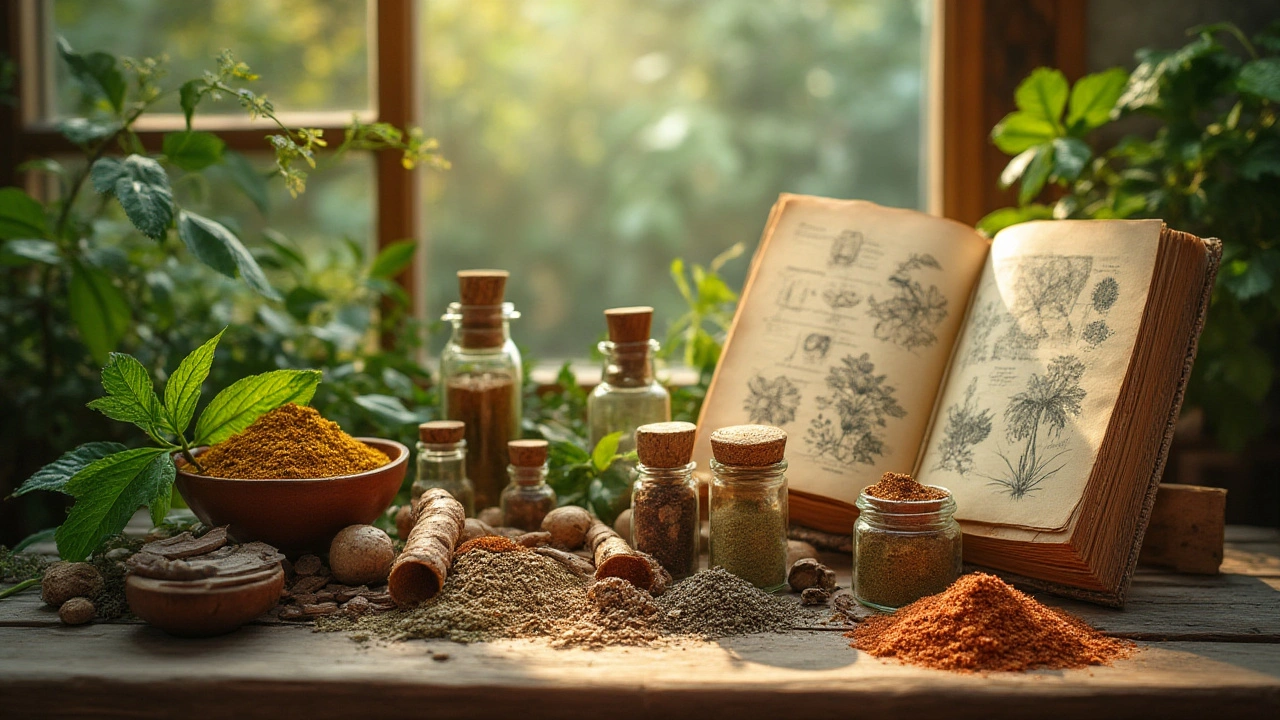Traditional Medicine: What Works, What to Watch For
People have turned to plants and herbs for health for centuries. Today, the same remedies show up in research labs, online stores, and family kitchens. If you’re curious about what actually helps and what might cause trouble, you’re in the right spot.
Common Herbal Remedies and Their Uses
One herb that pops up a lot is bogbean. Known as Menyanthes trifoliata, it’s a bitter that some use for digestion. A 2025 guide breaks down its dosage and safety, pointing out that it works best for mild stomach discomfort and should be avoided in large amounts.
Black walnut is another classic. The hulls contain antioxidants that can support gut health and immunity. Studies show it helps balance the microbiome, but the nuts themselves can cause allergic reactions, so start with a small dose.
Enzymes like trypsin are often marketed as supplements for better protein digestion. They’re naturally made by the pancreas, and taking them can ease bloating after a heavy meal. However, you don’t need high doses unless a doctor recommends them for a specific condition.
Traditional medicine also includes mineral binders like Renagel (sevelamer) for kidney patients. It helps control phosphate levels, but it can bind other medicines too, so timing your doses matters.
How to Choose Safe Supplements
Buying herbs online feels easy, but safety matters. Look for pharmacies that verify prescriptions and show clear sourcing, like the sites we review for Actoplus Met, Ipratropium, and Cephalexin. A legit online pharmacy will ask for a prescription, list the active ingredient, and give a contact phone number.
Check the label for dosage instructions that match reputable guides. For example, the bogbean guide suggests 1‑2 grams of dried herb per day, while the black walnut hull extract is usually 500 mg. If a product claims you can take “as much as you want,” walk away.
Watch for interactions. Many herbs affect blood pressure or blood sugar, so if you’re on medication like Metformin, Starlix, or Zocor, talk to your pharmacist before adding a new supplement.
Finally, keep an eye on price. Extremely cheap products often cut corners on quality. A reasonable price range, transparent manufacturing info, and positive user reviews are good signs you’re getting a safe product.
Traditional medicine offers real benefits when you choose the right herbs, respect proper dosing, and buy from trustworthy sources. Use the tips above, stay curious, and let nature support your health the smart way.

Abana: Benefits, Uses, and the Science Behind This Traditional Remedy
Unlock the secrets of Abana, a herbal remedy used for heart health, its origin, science, and ways to use it safely and effectively.
Read More